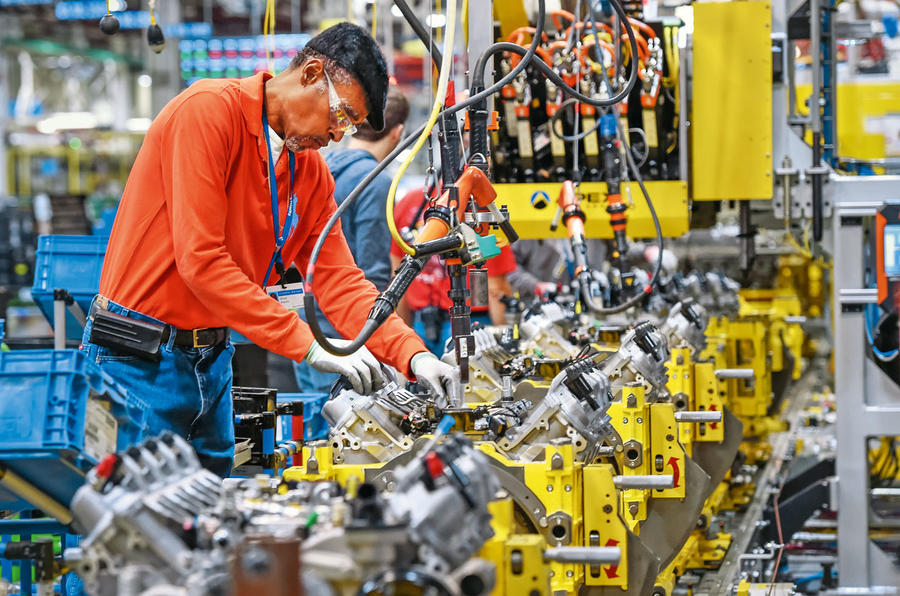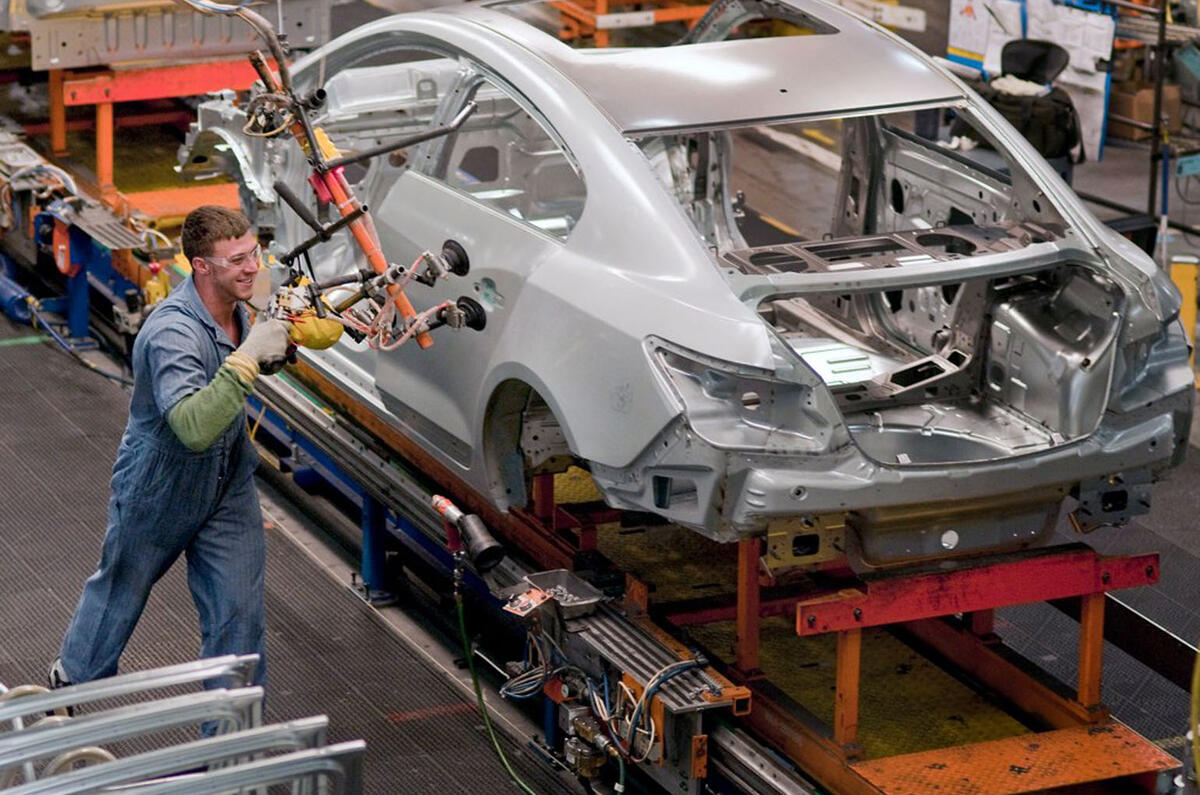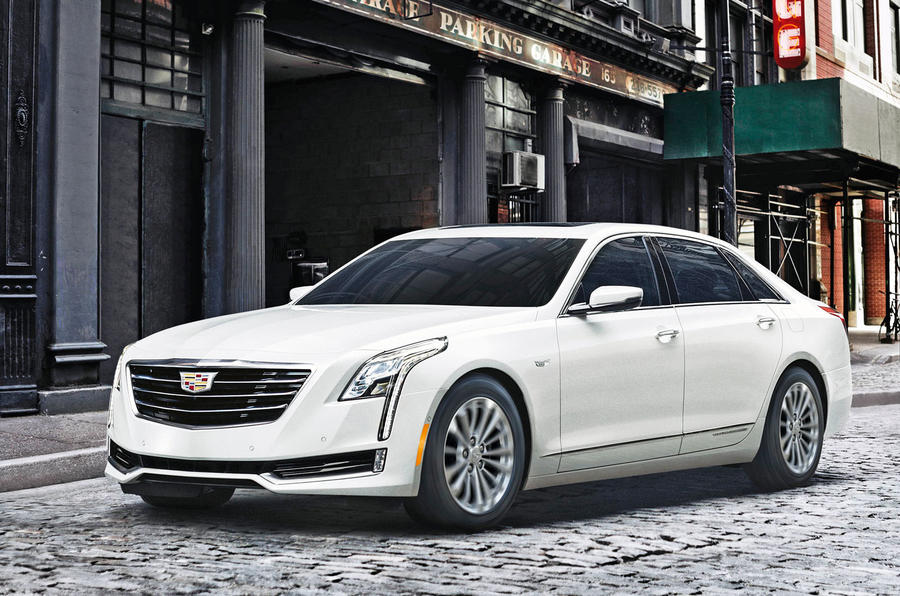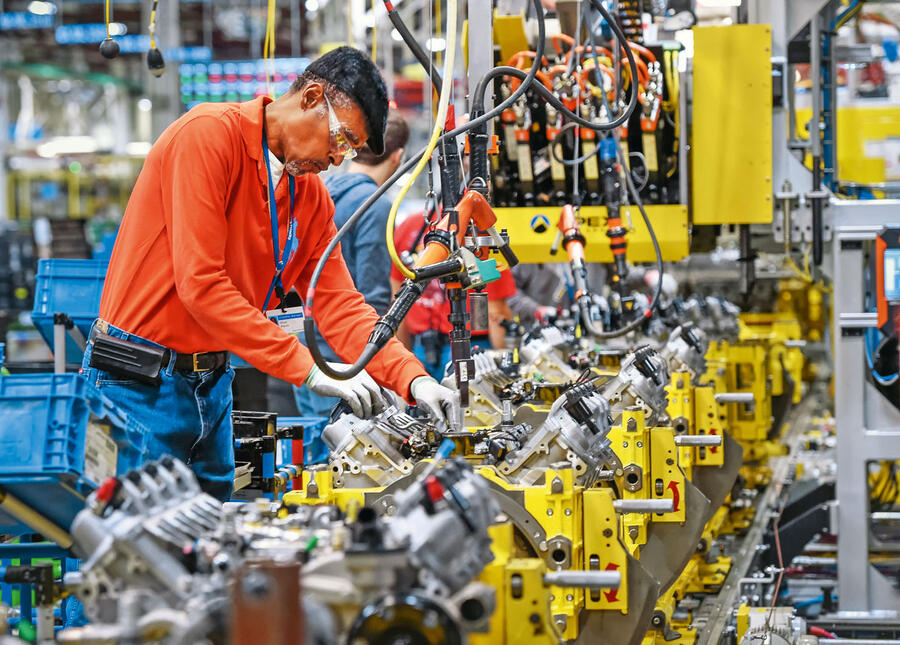On the face of it, General Motors (GM) looks to be in dire straits. At the end of last month, the US giant announced it was stopping production at five North American plants, three for car assembly and two for engines.
Also on the chopping block are once mainstay family cars such as the Chevrolet Cruze and the larger Chevrolet Impala. The pioneering plug-in hybrid Chevrolet Volt, the replacement for the old Vauxhall Ampera, joins them on the executioner’s platform. Two unnamed international plants are also to be shut.

It’s the continuation of a withdrawal that started when GM began leaving major global markets, including the UK and mainland Europe, after selling the Vauxhall and Opel brands to the PSA Group in 2017.
At the Los Angeles motor show last week, the GM stand gave the impression of difficult times ahead. With no new models to draw the media on press day, the stand cleaners diligently wiped away footprints that had never been laid.
But don’t cry for GM just yet. This is still one of the most profitable car companies globally, and the latest round of cost cuts will make it more profitable still. The company made $12.8 billion (£10bn) profit in 2017, most of it from North America and most of that from selling pick-up trucks and SUVs.

















Join the debate
Add your comment
US Car market.
Has someone confused GM with its brand Chevrolet, to make it only 3rd in the US sales volume.?
As well the Buick Lacrosse is based on the Chev Impala/Cadillac CT6 platform, so makes sense they are discontinued together. The Insignia based model is the Buick Regal- which is a direct import as liftback and wagon versions.
Are they being affected by
Are they being affected by Brexit, or climate change - or is it Brexit? It must be one of them as both seem to be able to cause devastation, apparently.
The market is moving to
The market is moving to rugged go-anywhere looking vehicles, people want to sit up high. In a way this is a return to the upright big wheeled cars of the early 20th century.
Nissan Europe blazed the trail away in the mid 2000s, axing the Primera and Almera and controvertially replacing them with the Qashqai and Juke, the former is a regular top 10 seller in the UK.